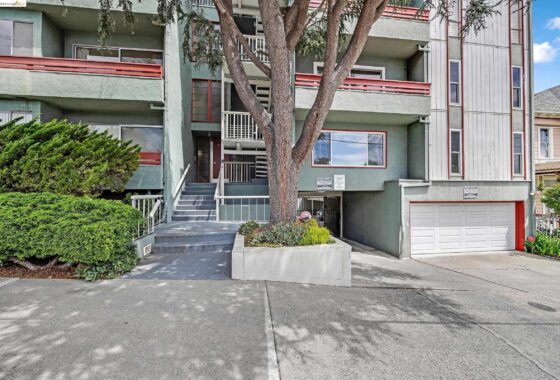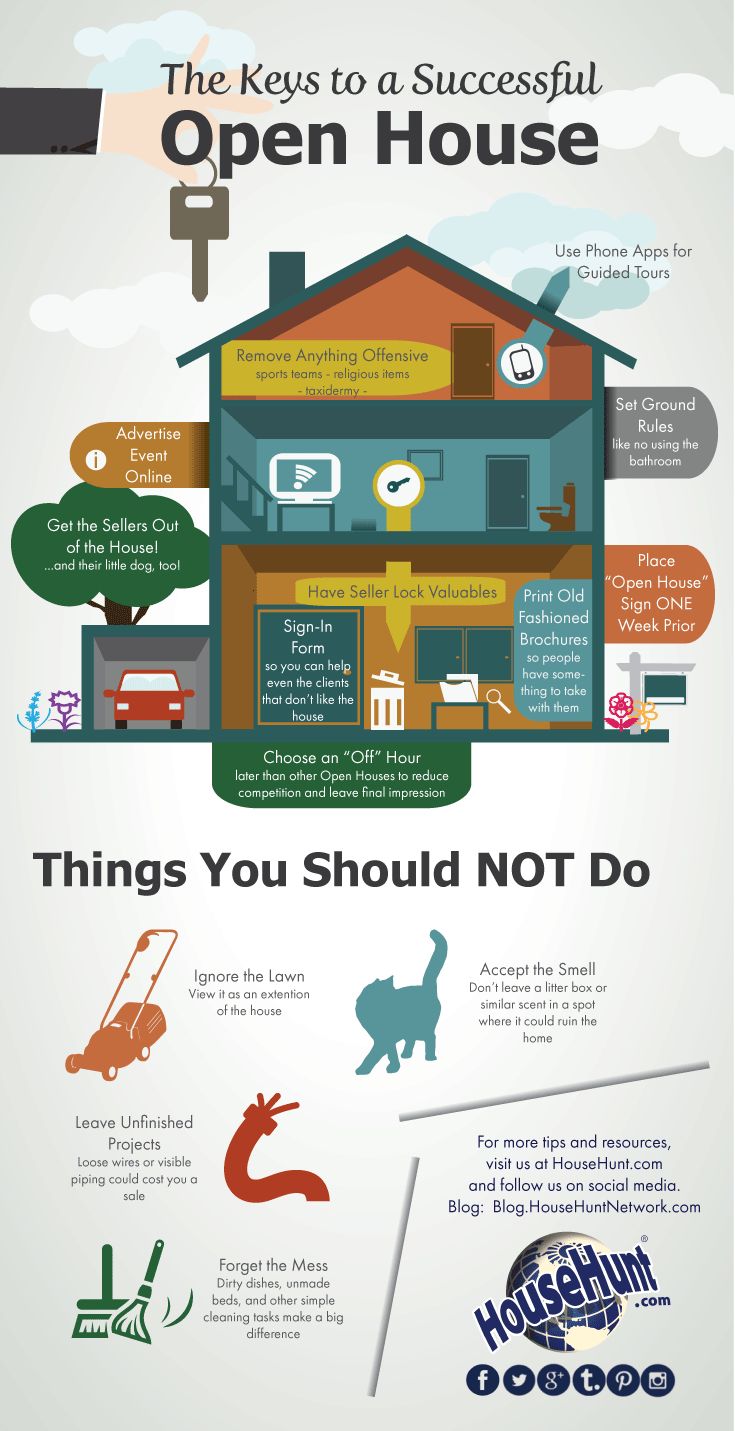Finding the Right Real Estate Agent to Guide You Through Every Step
As you venture into the journey of buying or selling a property, you’re about to navigate a complex landscape fraught with twists and turns. You need a trusted guide to chart a course through the choppy waters of real estate transactions. That’s where the right agent comes in – a seasoned expert who can expertly navigate the local market, anticipate potential pitfalls, and skillfully negotiate on your behalf. But how do you find this elusive gem amidst a sea of agents clamoring for your attention? Let’s explore the essential qualities and strategies to identify the perfect partner for your real estate adventure.
Understanding Your Real Estate Needs
Before starting your home buying or selling journey, take a step back to identify what you want to achieve and what you need from a real estate agent.
You need to understand that a good agent will prioritize your goals and work towards achieving them.
As a client, you should have a clear idea of what you’re looking for in a property, whether it’s a specific location, size, or features.
This will help your agent tailor their search to find the perfect listing for you.
When selling, you need to understand what you want to get out of the sale.
Are you looking for a quick sale, or do you want to hold out for the best offer?
Do you have any specific timelines or deadlines you need to meet?
By communicating these needs to your agent, they can create a strategy that meets your requirements.
A good agent will also help you prepare your property for viewings, stage it to showcase its best features, and negotiate offers on your behalf.
The Importance of Local Knowledge
When searching for a real estate agent, consider one who’s extensive local knowledge, as they’ll be able to provide you with valuable insights into the area, from the best neighborhoods to the local economy.
This expertise is essential in helping you make an informed decision when buying or selling a property.
A local real estate agent will be familiar with the local market trends, ensuring you get the best deal possible.
They’ll also be able to recommend reliable listing services, property management companies, and other professionals you may need to work with.
Additionally, their knowledge of the local community will give you an edge when it comes to finding the perfect property that fits your needs.
Don’t underestimate the importance of local knowledge – it can make all the difference in your real estate journey.
License and Certification Matters
In addition to local knowledge, you should also verify that your potential agent holds the necessary licenses and certifications, as these credentials guarantee they’ve met the required standards of education, training, and ethics.
A licensed real estate agent has passed a rigorous exam, demonstrating their expertise in areas like contracts, laws, and regulations. Make sure they’re licensed to practice in your state and have a valid broker’s license, which requires additional education and experience.
Look for certifications like Realtor, which indicates they’re a member of the National Association of Realtors and adhere to a strict code of ethics. Other certifications, such as Accredited Buyer’s Representative (ABR) or Certified Residential Specialist (CRS), show they’ve received specialized training in specific areas of real estate.
Don’t be afraid to ask about their license and certifications – a reputable agent will be happy to provide this information. Remember, a licensed and certified agent is better equipped to guide you through the complex process of buying or selling a property.
Experience in Your Market
You’ll also want to assess your agent’s experience in your local market, as their familiarity with the area can greatly impact the success of your transaction.
A real estate agent with extensive experience in your market has a deeper understanding of the local dynamics, including current trends, prices, and regulations.
This knowledge can help you navigate the sales process more efficiently and effectively.
For instance, they’ll be able to provide valuable insights on the best time to list your property, how to price it competitively, and what features to highlight to attract potential buyers.
A professional with a proven track record of sales in your market is more likely to have an established network of contacts, including other agents, lenders, and contractors, which can be beneficial in facilitating a smooth transaction.

Communication Style Is Key
Two-way communication is essential in a real estate transaction, and your agent’s communication style can make all the difference in keeping you informed and up-to-date throughout the process. You want an agent who’ll listen to your needs, concerns, and goals, and provide guidance and advice accordingly. When you’re working with an agent who communicates effectively, you’ll feel more confident and in control of the transaction.
Some key aspects of an agent’s communication style bear examination. Frequency of updates is crucial: how often will your agent keep you informed about the progress of your sale or purchase? Method of communication is also important: do you prefer phone calls, emails, or texts? Make sure your agent is comfortable with your preferred method. Additionally, consider whether your agent is proactive or reactive: does your agent anticipate and address potential issues, or wait for you to bring them up?
A real estate agent with a strong communication style can establish trust and provide valuable guidance throughout your transaction. As you build a working relationship with your agent, remember that communication is a two-way street. Be open and honest about your needs, and expect the same in return. Your agent’s communication style can make or break your real estate experience, so choose one who’ll provide the guidance and care you need to succeed in their career.
Trust Your Instincts and Research
While an agent’s communication style is essential, it’s equally important to trust your instincts and do your research to verify you’re partnering with the right professional for your specific needs.
You’re about to undertake a significant transaction, and you need a real estate agent who’ll guide you through every step.
As you interview potential agents, pay attention to your gut feeling. Do you feel comfortable with them? Do they seem genuinely interested in understanding your goals and concerns?
Research is also key in finding the right agent. Look into their career in real estate, checking their credentials, sales record, and online reviews.
Ask for referrals from friends, family, or neighbors who’ve had a positive experience with an agent.
The Role of a Real Estate Broker
Your real estate agent is only as strong as the brokerage they’re affiliated with, so you must understand the role of a real estate broker in your home buying or selling process. A real estate broker is the owner or manager of a real estate agency, responsible for overseeing the entire operation. They’ve passed a rigorous licensing exam, demonstrating their expertise and knowledge in the field.
Some key responsibilities of a real estate broker include:
-
- Supervising agents: Brokers manage and train their agents, ensuring they’re up-to-date on industry trends and best practices.
-
- Handling transactions: Brokers review and finalize sales contracts, ensuring all parties are satisfied.
-
- Maintaining office operations: Brokers manage the day-to-day activities of the real estate agency, including marketing and administrative tasks.
A reputable broker can provide valuable guidance and resources to their agents, ultimately benefiting you as a buyer or seller. As you search for the right real estate agent, remember that their broker’s expertise and support can greatly impact your experience.
Getting Referrals From Friends
When searching for a reliable real estate agent, asking friends or family members who’ve recently bought or sold a property for referrals can be an excellent starting point.
You can ask them about their experience with their agent, what they liked or disliked about them, and if they’d recommend them. This way, you’ll get a firsthand account of the agent’s performance, professionalism, and communication style.
Friends who’ve had a positive experience with their agent can provide valuable insights and even introduce you to the agent.
This referral can become a great way to establish trust and build a relationship with the agent. In addition, since your friends have already worked with the agent, you’ll have a better understanding of what to expect from the agent’s services.
Online Reviews and Ratings Matter
You’ve got a referral from a friend, but don’t stop there – it’s also important to check online reviews and ratings to get a more thorough view of an agent’s performance. This is vital in finding the right real estate agent who can guide you through every step of the process. Online reviews and ratings can give you insight into an agent’s strengths and weaknesses, helping you make a more informed decision.
Check multiple sources: Look up reviews on multiple websites, such as Zillow, Yelp, and Google, to get a well-rounded view of the agent’s performance.
Take note of patterns: Instead of focusing on individual reviews, look for patterns of praise or criticism to get a sense of the agent’s strengths and weaknesses.
Read between the lines: Don’t just look at the overall rating – read the actual reviews to get a sense of the agent’s communication style, work ethic, and level of expertise.
How to Conduct a Proper Interview
Now that you’ve narrowed down your search, it’s time to conduct a proper interview to assess the agent’s skills, personality, and fit for your needs.
This is your chance to ask questions, gauge their expertise, and get a sense of their communication style.
Start by preparing a list of questions to ask during the interview. What’s their experience in the local real estate market? How will they market your property? What’s their strategy for handling offers and negotiations?
Don’t be afraid to ask tough questions – this is a vital decision, after all.
Pay attention to how the agent responds to your questions, too. Are they confident and knowledgeable, or do they seem evasive or uncertain?
Take note of their body language and tone as well. You want an agent who’s not only skilled but also someone you feel comfortable working with.
By the end of the interview, you should have a good sense of whether this agent is the right fit for you.
Take your time, and don’t rush into selecting a broker – your real estate goals depend on it.

Finding a Specialist in Your Needs
As you zero in on the right agent, ponder whether they specialize in your specific real estate needs. You don’t want an agent who’s a jack-of-all-trades but a master of none. You need someone who’s an expert in your niche, whether it’s residential sales, commercial leasing, or property management.
Some key areas bear scrutiny:
-
- Residential expertise: If you’re buying or selling a home, you want an agent who knows the local neighborhoods, school districts, and community amenities.
-
- Commercial know-how: If you’re looking to invest in or lease commercial property, your agent should have experience with zoning laws, business regulations, and market trends.
-
- Property management pros: If you’re a landlord or investor, you need an agent who can handle rental properties, tenant screening, and maintenance issues.
Evaluating Their Professional Network
A strong professional network can be a game-changer in real estate, so you must evaluate the agent’s connections and relationships with other industry professionals, such as lenders, attorneys, and contractors.
A well-connected real estate agent can provide you with access to a vast network of peers who can help facilitate your transaction. For instance, a broker with a strong network can recommend a reliable lender who can offer you better loan options.
When evaluating an agent’s network, ask them about their relationships with other agents and brokers in the area.
Do they have a strong peer network that can help you find the right property or buyer? Can they recommend reliable contractors and vendors to help with repairs or staging?
A real estate agent with a robust network can provide you with valuable insights and resources that can make your transaction smoother and more successful.
Your Real Estate Agent’s Availability
While a strong professional network can open doors to valuable resources, you also need to weigh whether your real estate agent has the time and flexibility to dedicate to your specific needs. Their availability can greatly impact the quality of service you receive.
Are they available to show you properties at times that fit your schedule? Do they have a system in place to guarantee timely responses to your inquiries? Can they dedicate a reasonable amount of time to walk you through the complexities of the real estate process?
You want an agent who can adapt to your needs, not one who’s too busy to return your calls or show you properties. A broker with a packed schedule may not be able to provide the personalized attention you deserve.
You must ask about their availability and how they plan to prioritize your needs. Don’t be afraid to ask about their workload and how they manage their time. By doing so, you’ll get a better sense of whether they can provide the level of service you require to navigate the real estate market successfully.
Measuring Their Success Rate
You need to gauge your real estate agent’s success rate by examining their track record of closed deals, client satisfaction, and overall performance in the market. This will give you a clear picture of their ability to deliver results.
Ask about their total number of sales, the average time it takes to close a deal, and their client retention rate. A successful real estate agent should have a high success rate, with a significant number of closed deals and happy clients.
Check if they’ve a valid license and are affiliated with a reputable broker. You can also ask about their experience with escrow processes, as this is a critical step in finalizing a sale.
A reliable agent should be able to walk you through the escrow process seamlessly. Additionally, ask for references or testimonials from previous clients to get an idea of their communication style and level of professionalism.
Frequently Asked Questions
How Do I Terminate a Contract With an Unsatisfactory Real Estate Agent?
If you’re unhappy with your agent, you can terminate the contract by reviewing the agreement’s terms, providing written notice, and explaining reasons for termination – don’t hesitate to seek legal advice if needed, you’re in control.
Can I Work With Multiple Real Estate Agents at the Same Time?
You’re playing the field, and why not? You can work with multiple real estate agents simultaneously, but be prepared for potential conflicts and overlapping listings – just keep your expectations aligned and communication open.
Are Real Estate Agents Responsible for Inspecting the Property?
You shouldn’t expect your real estate agent to inspect the property; it’s not their job. You’ll need to hire a professional home inspector to identify potential issues, and your agent can recommend a few reliable ones.
Do Real Estate Agents Work on Weekends and Holidays?
“Ha! You think real estate agents have a social life? Nope, they’re always on call! Expect to see them showing homes on Sundays and negotiating deals on Christmas morning – weekends and holidays are their busiest times, and you can bet they’ll be working!”
Can I Negotiate the Agent’s Commission Fees?
You can definitely try negotiating the agent’s commission fees, and it’s common for sellers to do so. You’ll typically have more bargaining power if you’re selling a high-priced property or committing to a multi-property deal.

Conclusion
Will you really find the perfect real estate agent by following the conventional wisdom of asking friends, family, or online reviews for recommendations?
Surprisingly, studies show that only 25% of homebuyers find their agent through referrals, and online reviews can be manipulated.
Instead, take control of your search by scrutinizing an agent’s local knowledge, certifications, and sales records.
By doing so, you’ll increase your chances of finding a trustworthy expert who’ll guide you through every step of your real estate journey.









Post Comment